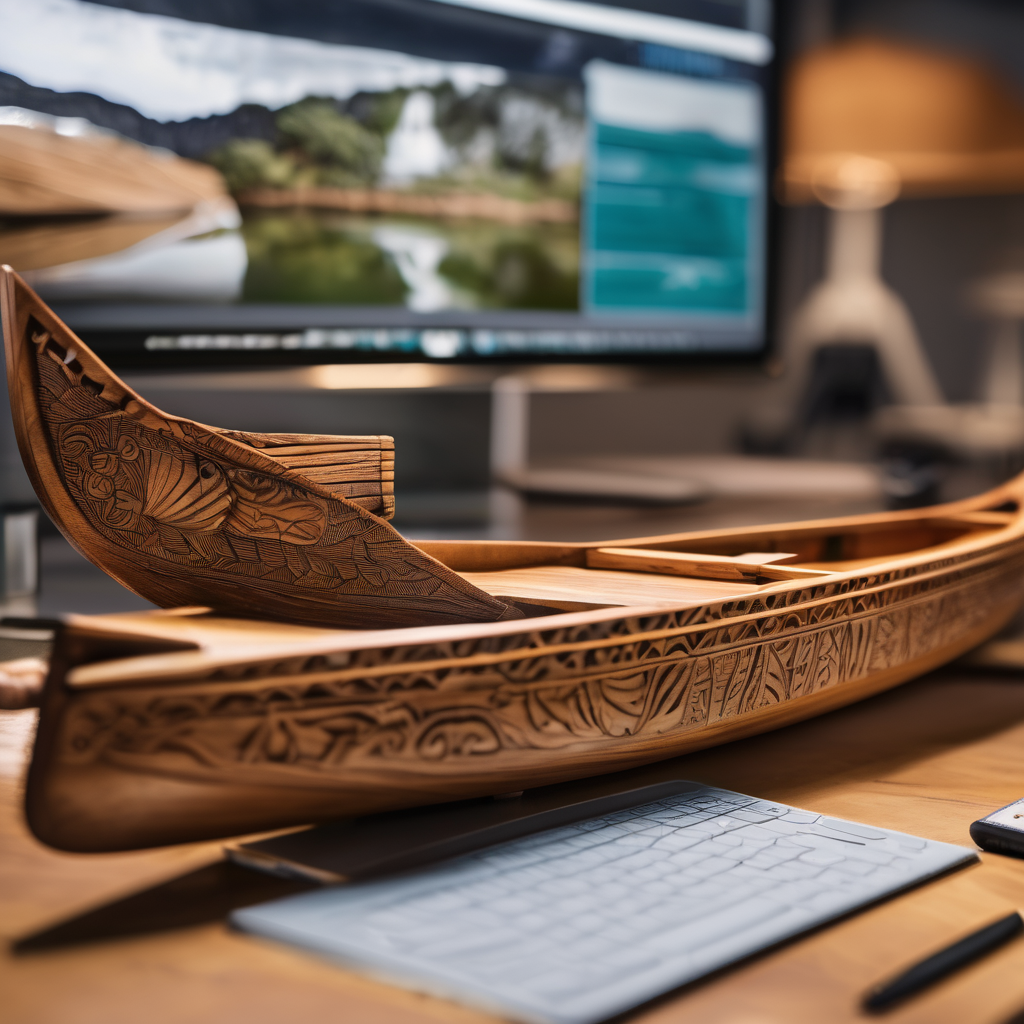The second Pacific Islands Ocean Conference (PIOC) has kicked off in Honiara, gathering an eclectic mix of traditional knowledge holders, scientists, and ocean professionals from across the Pacific. This significant event aims to tackle the various challenges facing the Pacific’s oceanic landscape, starting with a compelling performance from the Dreamcast ensemble, which highlights the crucial blend of traditional wisdom and scientific knowledge.
Pacific Ocean Commissioner, Dr. Filimon Manoni, emphasized the conference’s community-focused ethos, highlighting the necessity of involving those who coexist with the ocean in decision-making processes. Addressing the youth, Dr. Manoni called upon them to assume responsibility for the future stewardship of the world’s largest ocean, which forms an intrinsic part of their home, heritage, and identity.
The conference is jointly organized by the OPOC, SPC, and SPREP, spanning five days and offering a forum for discourse on sustainable ocean governance. This year’s key topics include fisheries, marine spatial planning, and the synergy between traditional and scientific knowledge. The issue of illegal, unreported, and unregulated fishing (IUU) took center stage on the opening day, underscoring the vital role of communities in enforcing sustainable fisheries management.
Among the many innovations presented is an app by entrepreneur Laitia Tamata, designed to help fishers monitor their catches and connect to local markets, representing a seamless integration of technology with traditional fishing practices. The need for sustained commitment was a recurrent theme, with delegates acknowledging that conservation initiatives must also improve living standards to be viable. Strategies such as cost-effective monitoring systems, broader educational programs, and aligning conservation with economic opportunities emerged as practical solutions to enhance community-based fisheries management.
This conference resonates with the broader regional commitment to preserving traditional practices while adopting innovative strategies. It echoes previous dialogues at major international gatherings, like the UN Ocean Conference in Nice, where Pacific leaders called for stronger global ocean governance, and a meeting in Suva that focused on sustainable tuna resource management. Such events signal Pacific nations’ enduring dedication to safeguarding their marine ecosystems.
The ongoing commitment among Pacific nations remains centered on advancing sustainable solutions that respect both traditional practices and modern scientific methods, ensuring that the ocean continues to be a bountiful and robust resource for future generations. This collaborative effort offers optimism for a sustainable oceanic future, balancing environmental conservation with economic resilience.
